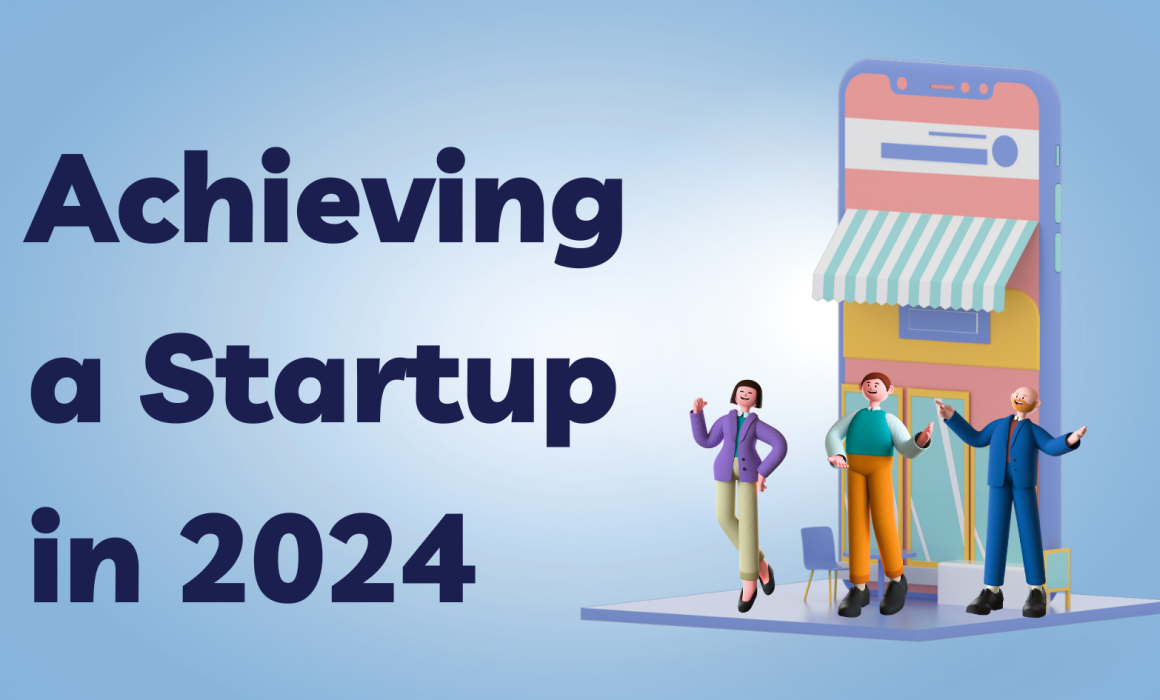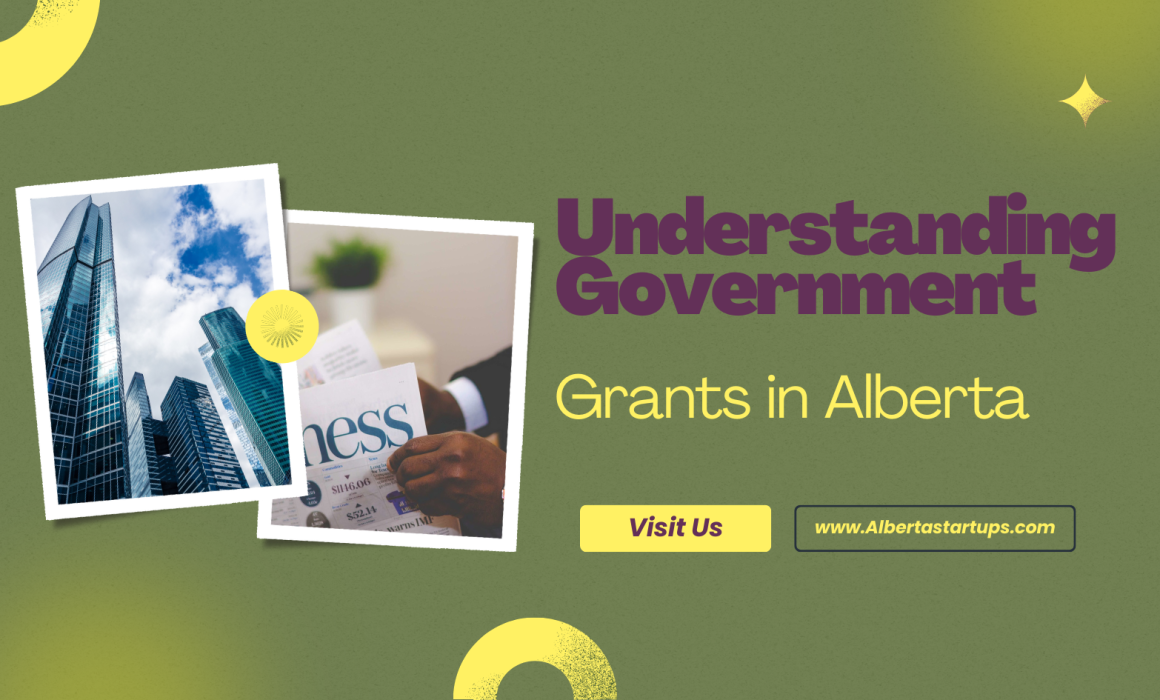In the fast-paced world of business, effective customer service remains a pivotal cornerstone in cultivating customer satisfaction and loyalty. For entrepreneurs, understanding and implementing robust customer service strategies is not just a necessity but a game-changer in differentiating their business in a competitive market. This article delves into practical and actionable strategies that can elevate your customer service, thereby enhancing customer satisfaction and fostering long-term loyalty. As we explore these strategies, remember: excellent customer service is an ongoing journey, not just a destination.
Understanding Customer Needs
The key to exceptional customer service lies in not just meeting, but anticipating customer needs. Being proactive in understanding what your customers expect from your service can significantly enhance their satisfaction. Here are some effective ways to achieve this:
- Active Listening Techniques: Engage in genuine conversations with your customers. Listen to their words, tone, and body language to fully grasp their needs and expectations. This practice helps in tailoring your services to suit their specific requirements.
- Utilizing Customer Feedback: Regularly gather and analyze customer feedback. This can be through surveys, social media interactions, or direct communication. Understand the patterns and pain points highlighted by customers and use this data to improve your services.
By focusing on these aspects, entrepreneurs can ensure their services resonate well with their customer base, laying a foundation for enhanced satisfaction and loyalty.
Communication and Responsiveness
Effective communication is the lifeline of customer service. It’s not just about the message, but how and when it’s delivered that counts. Entrepreneurs must ensure their customer service is both accessible and responsive. Here’s how:
- Multi-Channel Support: In today’s digital era, customers expect to reach out through various platforms – be it email, social media, or live chat. Ensure your business is present and active on multiple channels to cater to this need.
- Maintaining Responsiveness: Time is of the essence in customer service. Quick responses to inquiries and issues can significantly boost customer satisfaction. Implement systems and train your team to respond promptly, making customers feel valued and heard.
By prioritizing these communication strategies, businesses can build a reputation for being customer-focused, which is integral in fostering long-term customer relationships.
Training and Empowering Your Team
A proficient customer service team is instrumental in delivering quality service. Training and empowering your team are crucial steps in this process. Here’s how you can do it:
- Comprehensive Training: Regular training sessions should be a staple. These sessions should not only focus on product knowledge and company policies but also on soft skills like empathy, patience, and conflict resolution. This ensures your team is well-equipped to handle a range of customer interactions.
- Empowerment for Decision-Making: Give your customer service representatives the authority to make certain decisions. This empowerment can lead to quicker resolution of customer issues, enhancing overall satisfaction. It also boosts the morale of your team, as they feel trusted and valued.
Investing in your team in these ways not only improves customer service but also contributes to a positive and productive work environment.
Building a Customer-Centric Culture
Creating a culture that prioritizes customer satisfaction is fundamental for lasting success in customer service. Here are key strategies to foster this environment:
- Incentivizing Excellent Customer Service: Recognize and reward employees who demonstrate exceptional customer service. This can be through acknowledgments, bonuses, or growth opportunities. Such incentives motivate the team to consistently put their best foot forward in customer interactions.
- Regular Training and Development: Continuous learning opportunities keep the team updated and engaged. Workshops, seminars, and team-building activities focused on customer service can reinforce the importance of a customer-centric approach in everyday operations.
By embedding these practices into your company culture, you ensure that every team member contributes to the collective goal of excellent customer service.
Conclusion
In conclusion, developing effective customer service strategies is not just beneficial but essential for enhancing customer satisfaction and loyalty. Entrepreneurs who prioritize understanding customer needs, communication, team training, and a customer-centric culture are well on their way to building lasting relationships with their customers and setting their business apart in the marketplace.








Recent Comments